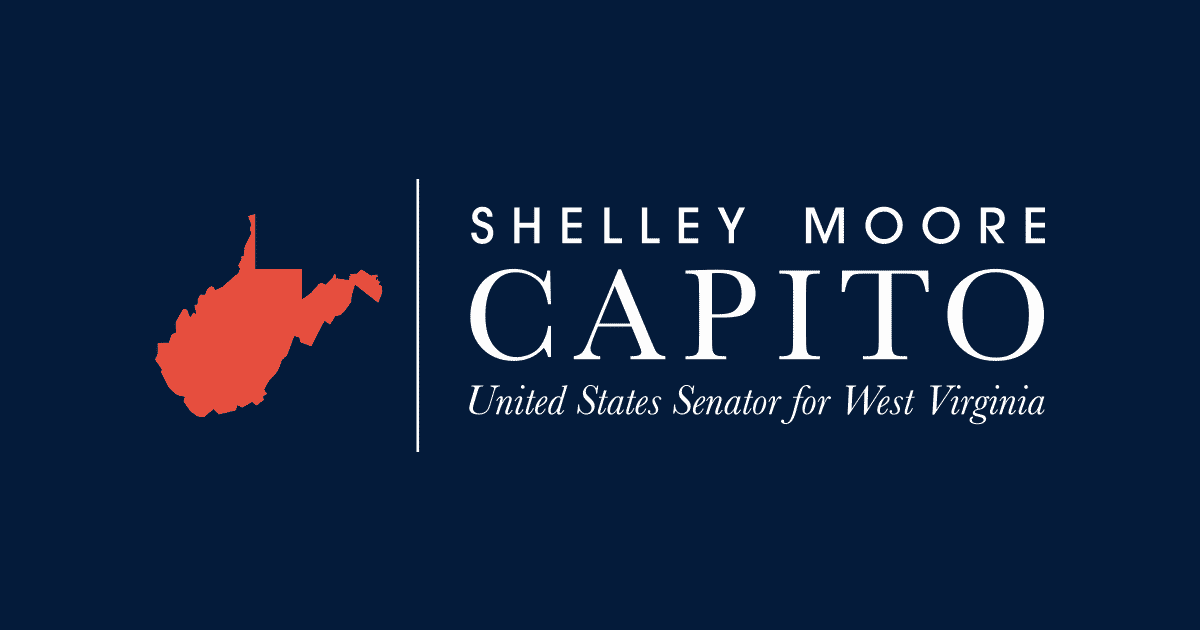Source: United States Senator for West Virginia Shelley Moore Capito
Click here or the image above to watch Ranking Member Capito’s opening remarks from the committee hearing.
WASHINGTON, D.C. – Today, the Senate Environment and Public Works (EPW) Committee held a committee hearing to examine bipartisan recycling and composting draft legislation.
Below is the opening statement of Ranking Member Shelley Moore Capito (R-W.Va.), as prepared for delivery.
“Thank you, Chairman Carper. And I thank the witnesses for being here with us today.
“A lot of what the chairman has said in his opening statement is mirrored in my own statements as well because this is an issue that cuts across party and certainly is absolutely essential.
“In 2021, this committee and the Congressional Recycling Caucus, chaired in the Senate by my colleagues Chairman Carper and Senator Boozman and of which I am a member, was extremely active in hearing from stakeholders on recycling policy.
“During that time, we discussed the need to expand material processing and manufacturing here in America and how a lack of demand for recycled materials is inhibiting market development and, as a result, investment in recycling infrastructure.
“The week before that committee hearing, Chairman Carper and I co-hosted a roundtable on ‘Leadership in Recycling: Sustainable Practices and Innovative Technologies’ where we had the opportunity to learn about some of the technological advancements in the recycling sector directly from industry leaders.
“Later in the year, the Infrastructure Investment and Jobs Act led by this committee was enacted into law, establishing a new grant program for recycling education to reduce contamination and provide a feedstock of recyclable materials.
“This legislation also appropriated historic amounts of funding for recycling infrastructure and education.
“Today, we build on that momentum with a hearing on draft legislation to address some of the data and accessibility gaps in the sector to further improve recycling across the country.
“First, I would like to discuss my draft legislation, which is The Recycling Infrastructure and Accessibility Act.
“This legislation establishes a pilot grant program to improve recycling accessibility throughout the United States, with a particular emphasis on bringing recycling services to underserved areas.
“Recycling services, particularly curbside recycling, is not offered in many rural communities like those in my home state of West Virginia.
“In fact, a study released last year showed that West Virginia has a recycling rate of just 2% when excluding cardboard, the lowest recycling rate in the United States.
“If you include cardboard, we do not do much better, a recycling rate of 31% and a ranking of 40th in the nation.
“According to the most recent recycling survey by the West Virginia Department of Environmental Protection: of the 50 county and regional Solid Waste Authorities in West Virginia, only 35 provide recycling services and five work closely with local recyclers or municipalities to make sure residents have recycling options.
“Together, these counties have 129 drop-off locations and 36 curbside programs.
“Of those, 14 are municipalities that are required to provide curbside recycling under state law because their population exceeds 10,000.
“And this challenge is not unique to us. Other states represented on our committee—like Alaska and Wyoming—face similar barriers to expanding accessibility.
“These rural areas share common challenges to accessibility: location and proximity to materials recovery facilities and the size and density of the population.
“This leads to low processing yields and high collection and transportation costs, leaving materials recovery facilities struggling to operate at a profit.
“According to an opinion piece on WasteDive, a news outlet covering the industry: ‘It’s not uncommon for a small town to put out a request for proposal asking waste companies to bid on a recycling opportunity and not receive any bids back due to the lack of perceived profitability.’
“The pilot grant program established under my bill provides resources to increase collection and transportation of recyclables through investments in transfer stations, for example, providing access in those areas where a materials recovery facility may not be able to operate at a profit.
“Secondly, Chairman Carper, Senator Boozman, and I have collaborated on a draft bill to be known as The Recycling and Composting Accountability Act.
“This bill requires EPA to collect and distribute data on recycling and composting rates across the country to provide an accurate reflection of performance both nationwide and on the state-level.
“This information is critical to helping us evaluate how we can further improve and to inform future recycling policies.
“Recycling is a win-win solution for our environment and our economy.
“In this political climate, it is critical that we remember there is a lot that we agree on, and we need to be diligent in identifying and pursuing those bipartisan opportunities to improve the future, and that’s what we’re doing here today.”
# # #
